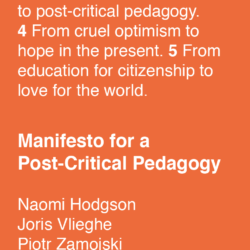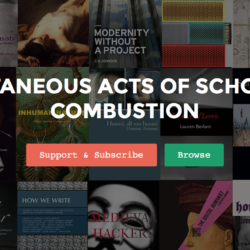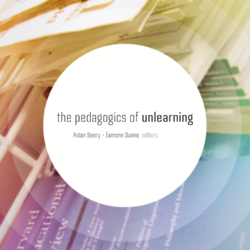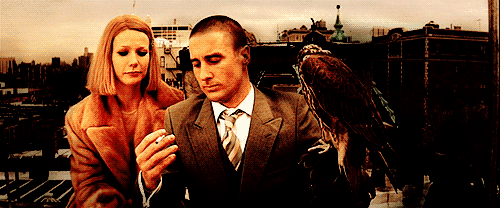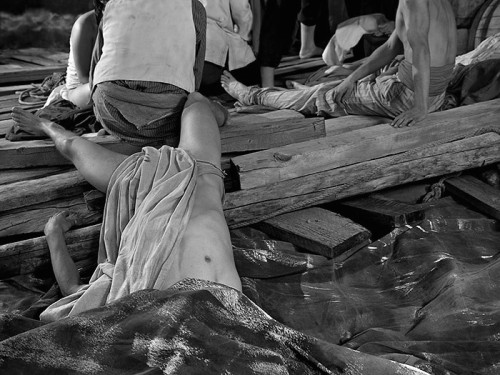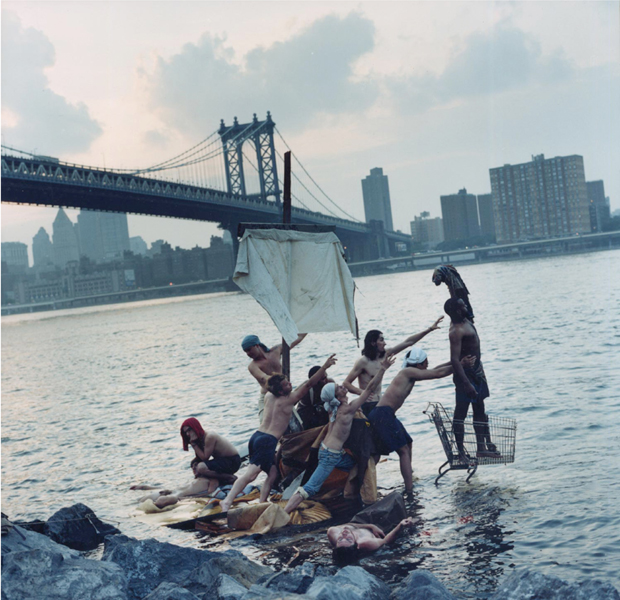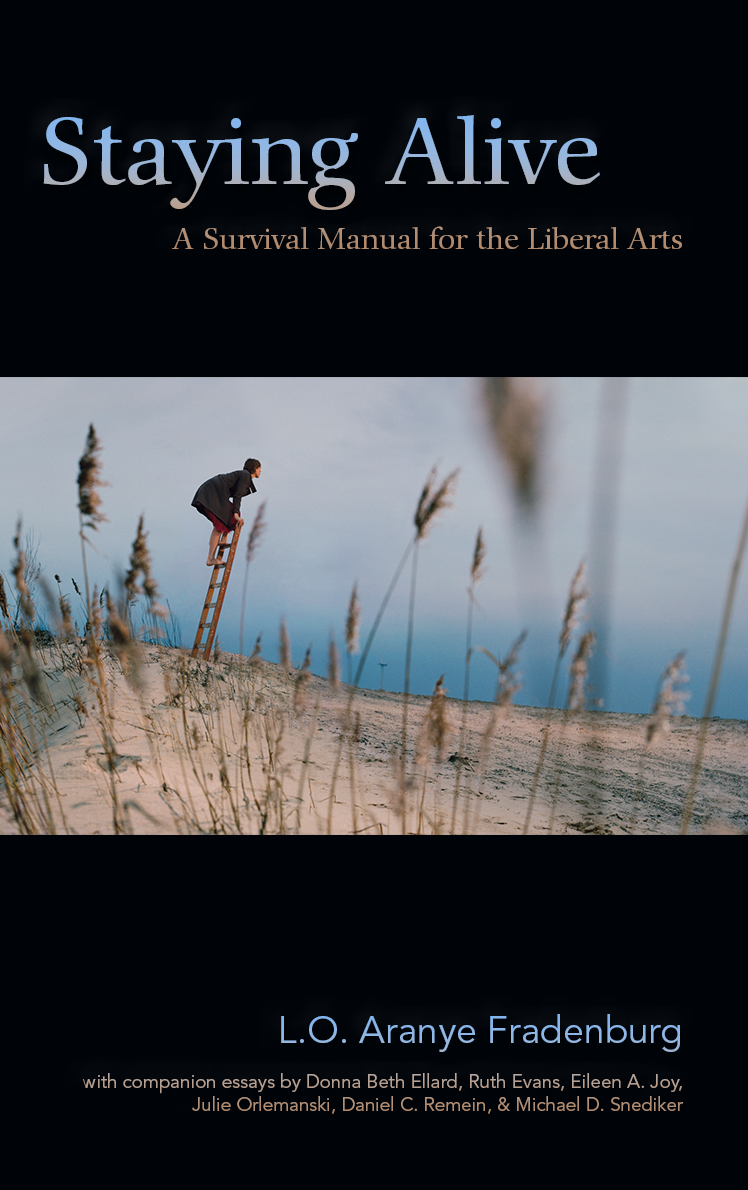Manifesto for a Post-Critical Pedagogy
Published: 01/11/2018
The belief in the transformative potential of education has long underpinned critical educational theory. But its concerns have also been largely political and economic, using education as the means to achieve a better – or ideal – future state: of equality and social justice. Our concern is not whether such a state can be realized.[…]

